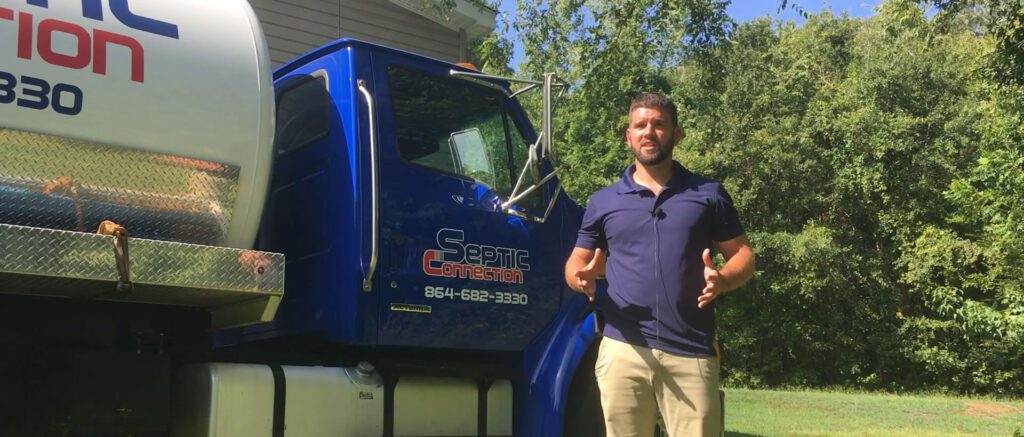If you’re a homeowner in Anderson and in need of septic tank cleaning, look no further! Introducing “Septic Tank Cleaning In Anderson,” the premier service that ensures your septic tank remains clean and functioning optimally. With our dedicated team of experts, we guarantee a thorough cleaning process that will rid your tank of any buildup and keep your system running smoothly. Trust us to provide top-notch service for all your septic tank cleaning needs in Anderson.
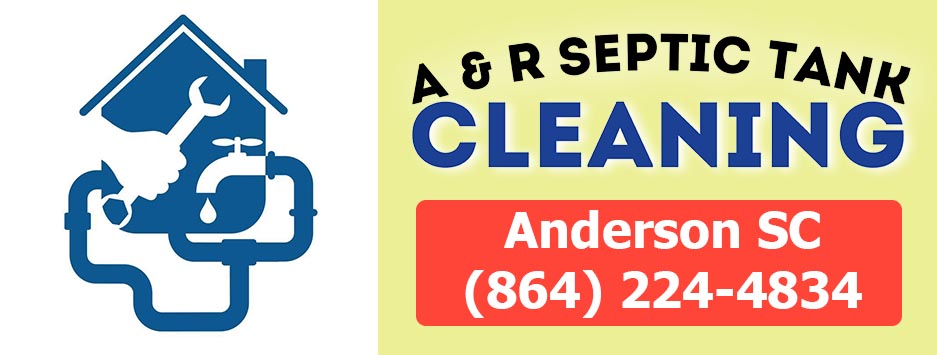
Why Septic Tank Cleaning is Important
Preventing System Failure
Regular septic tank cleaning is crucial for preventing system failure. Over time, solid waste and sludge accumulate in the tank, which can lead to clogs and blockages in the system. If left unattended, this can cause the system to become overwhelmed, leading to backups, sewage leaks, and even total system failure. By cleaning your septic tank regularly, you can avoid expensive repairs and ensure that your system continues to function properly.
Avoiding Health Hazards
A neglected septic tank can pose serious health hazards. When the tank is not cleaned on a regular basis, harmful bacteria and pathogens can build up, posing a risk to you and your family’s health. These pathogens can contaminate groundwater, wells, and the surrounding soil, leading to potential health issues if they find their way into your drinking water or come into contact with your skin. Regular septic tank cleaning helps to eliminate these health risks and promote a safe living environment.
Maintaining Property Value
Another important reason to prioritize septic tank cleaning is to maintain the value of your property. A malfunctioning septic system can lower the value of your home and make it more difficult to sell in the future. Potential buyers are often wary of properties with septic issues, as they can be costly to repair. By investing in regular septic tank cleaning, you ensure that your septic system is in good working condition, thus preserving the value of your property.
Signs That Your Septic Tank Needs Cleaning
Slow Draining Fixtures
One of the most common signs that your septic tank needs cleaning is slow draining fixtures. If you notice that your sinks, toilets, or showers are taking longer than usual to drain, it may be an indication that the tank is full and needs to be emptied. Slow draining fixtures can be a result of a clogged or overwhelmed septic system, and prompt action is necessary to prevent further damage.
Bad Odors
Foul odors emanating from your drains or yard can be a clear indication that your septic tank needs cleaning. When the tank is full, the sewage and waste inside can produce unpleasant smells that may permeate your home or property. If you notice persistent odors, especially near your drains or in your yard, it’s time to schedule a septic tank cleaning.
Gurgling Sounds
If you hear gurgling sounds coming from your drains or toilet when you flush or run water, it could be a sign of a septic tank in need of cleaning. These gurgling sounds occur when air bubbles are trapped in the plumbing due to a clogged or full septic tank. Ignoring this sign can result in further blockages and potential system failure.
Soggy Soil near Drainfield
A telltale sign that your septic tank is in need of cleaning is soggy soil or standing water near the drainfield. When the tank becomes overwhelmed and starts to leak, it can saturate the surrounding soil, causing it to become waterlogged. This can create a soggy or swampy area near the drainfield, and it’s important to address this issue promptly to prevent further damage to your septic system.
Septic Tank Cleaning Process
Assessment and Inspection
The septic tank cleaning process begins with a thorough assessment and inspection of the system. A professional septic tank cleaner will visually inspect the tank and its components to determine its condition and identify any potential issues. They will also evaluate the thickness of the sludge and scum layers to determine the level of cleaning required.
Pumping the Tank
Once the assessment is complete, the next step in the cleaning process is to pump out the contents of the septic tank. Using specialized equipment, a professional will pump out the solid waste, sludge, and excess liquid from the tank. This ensures that the tank is emptied and ready for thorough cleaning.
Removing Solid Waste
After the tank is pumped, the next step is to remove any remaining solid waste and debris. This may involve manually scraping the walls and bottom of the tank or using high-pressure water jets to dislodge and remove stubborn residue. Thoroughly removing all solid waste is essential for optimal tank performance and preventing future issues.
Cleaning the Tank
Once all solid waste is removed, the septic tank needs to be thoroughly cleaned to eliminate any remaining residue and bacteria. This is typically done using a combination of water, detergent, and disinfectant solutions. The cleaner will ensure that the entire tank is washed and scrubbed clean, paying special attention to the walls, baffles, and inlet/outlet pipes.
Choosing a Professional Septic Tank Cleaning Service
Experience and Expertise
When choosing a professional septic tank cleaning service, it’s crucial to consider their level of experience and expertise. Look for a company that has been in the industry for a significant amount of time and has a track record of successful septic tank cleanings. Experienced professionals will have the necessary skills and knowledge to handle the cleaning process efficiently and effectively.
Proper Licensing and Certification
Ensure that the septic tank cleaning service you choose is properly licensed and certified. This guarantees that they meet the necessary regulatory standards and have undergone the required training. Licensed and certified professionals are more likely to adhere to strict safety and quality standards, providing you with peace of mind knowing that the job will be done correctly.
Positive Customer Reviews
Reading customer reviews and testimonials can provide valuable insight into the reputation and reliability of a septic tank cleaning service. Look for companies with positive reviews and satisfied customers. This indicates that they consistently deliver quality service and customer satisfaction.
Transparent Pricing
Obtain quotes from multiple septic tank cleaning services and compare their pricing structures. Look for a company that provides transparent pricing, clearly outlining all costs associated with the cleaning process. Avoid services that have hidden fees or vague pricing arrangements. By choosing a service with transparent pricing, you can ensure that there are no surprises when it comes to the cost of the service.
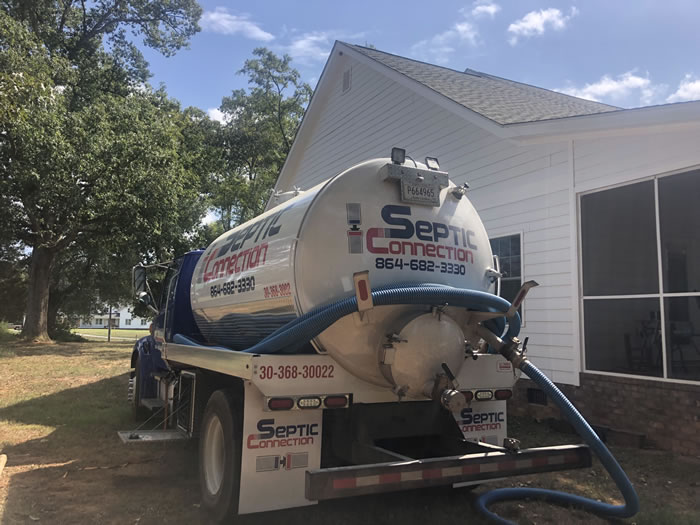
DIY vs. Professional Septic Tank Cleaning
Pros of DIY Cleaning
One of the primary advantages of DIY septic tank cleaning is cost savings. By doing the job yourself, you can save money on hiring a professional service. Additionally, some individuals may prefer to have control over the cleaning process and know exactly how it’s being done.
Cons of DIY Cleaning
While cost savings may be appealing, DIY septic tank cleaning comes with several drawbacks. Not having the necessary expertise and equipment can lead to improper cleaning, potentially causing further damage to your septic system. DIY cleaning also poses health risks, as you may come into contact with harmful bacteria and pathogens. Additionally, local regulations may require that septic tank cleaning be performed by a licensed professional, so DIY cleaning may not be permissible in your area.
Pros of Professional Cleaning
The primary advantage of hiring a professional septic tank cleaning service is the expertise and specialized equipment they bring to the job. Professionals have the knowledge and experience to thoroughly clean your septic tank without causing any damage. They also have access to specialized equipment that ensures a more efficient and effective cleaning process. By hiring professionals, you can have confidence in the quality of the cleaning and avoid potential health risks.
Cons of Professional Cleaning
The main disadvantage of professional septic tank cleaning is the cost. Hiring a professional service can be more expensive than doing the job yourself. However, the benefits of expertise, safety, and peace of mind can often outweigh the higher cost. Additionally, it is important to note that professional cleaning is often required by local regulations in order to ensure the proper maintenance and functioning of the septic system.
Septic Tank Cleaning Frequency
Factors Affecting Cleaning Frequency
Several factors can influence how often you need to clean your septic tank. The size of your household, the capacity of your septic tank, and the amount of water you use all play a role. Generally, larger households with smaller septic tanks will require more frequent cleanings.
General Guidelines for Cleaning Frequency
As a general guideline, septic tanks should be pumped and cleaned every 3 to 5 years. However, it’s important to note that this is a rough estimate and may not apply to all situations. Consulting with a professional septic tank cleaner can help determine the optimal cleaning frequency for your specific needs.
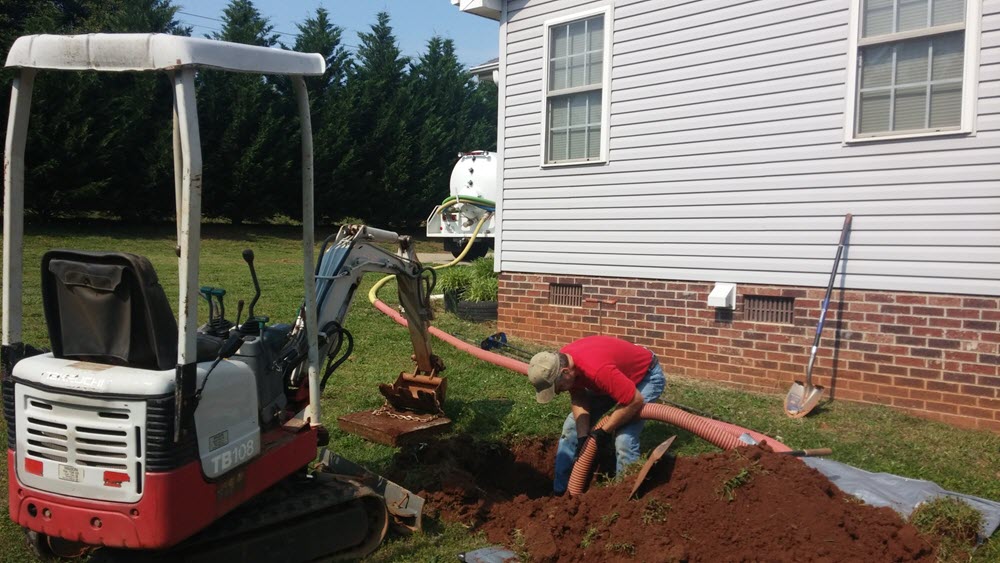
Maintaining a Healthy Septic System
Conserving Water
One of the most effective ways to maintain a healthy septic system is by conserving water. Excessive water usage can overload the system and lead to more frequent cleanings. Be mindful of your water consumption by fixing leaks, using water-efficient appliances, and practicing water-saving habits.
Using Septic-Safe Products
Avoid using harsh chemicals, antibacterial soaps, and other non-septic-safe products that can disrupt the balance of bacteria in your septic tank. Opt for septic-safe cleaning products and detergents that are labeled as such, as they are specifically formulated to be compatible with septic systems.
Regular Inspections
Regular inspections of your septic system can help identify potential issues before they become major problems. Have a professional inspect your system at least once a year to ensure that everything is in proper working order. Early detection and prevention can save you from costly repairs and maintenance.
Proper Waste Disposal
Dispose of waste properly by only flushing down human waste and toilet paper. Avoid flushing feminine hygiene products, diapers, wipes, and other non-biodegradable items down the toilet, as they can clog the system and disrupt its functioning.
Common Mistakes to Avoid during Septic Tank Cleaning
Using Chemical Drain Cleaners
Chemical drain cleaners may seem like a quick fix for clogs, but they can actually be detrimental to your septic system. The harsh chemicals in drain cleaners can kill the beneficial bacteria in your tank, disrupting its natural balance and potentially causing damage. Instead, opt for natural, enzyme-based drain cleaners that are safe for septic systems.
Flushing Non-biodegradable Items
Flushing non-biodegradable items down the toilet is a common mistake that can lead to blockages and system failures. Items such as paper towels, sanitary napkins, and cotton swabs should never be flushed down the toilet, as they can clog the pipes and overwhelm the septic system. Dispose of these items in the trash instead.
Neglecting Regular Maintenance
Neglecting regular maintenance is a common mistake that can be costly in the long run. By skipping regular septic tank cleanings and inspections, you increase the risk of system failure and expensive repairs. Stay on top of maintenance by scheduling regular cleanings and inspections with a professional septic tank cleaning service.
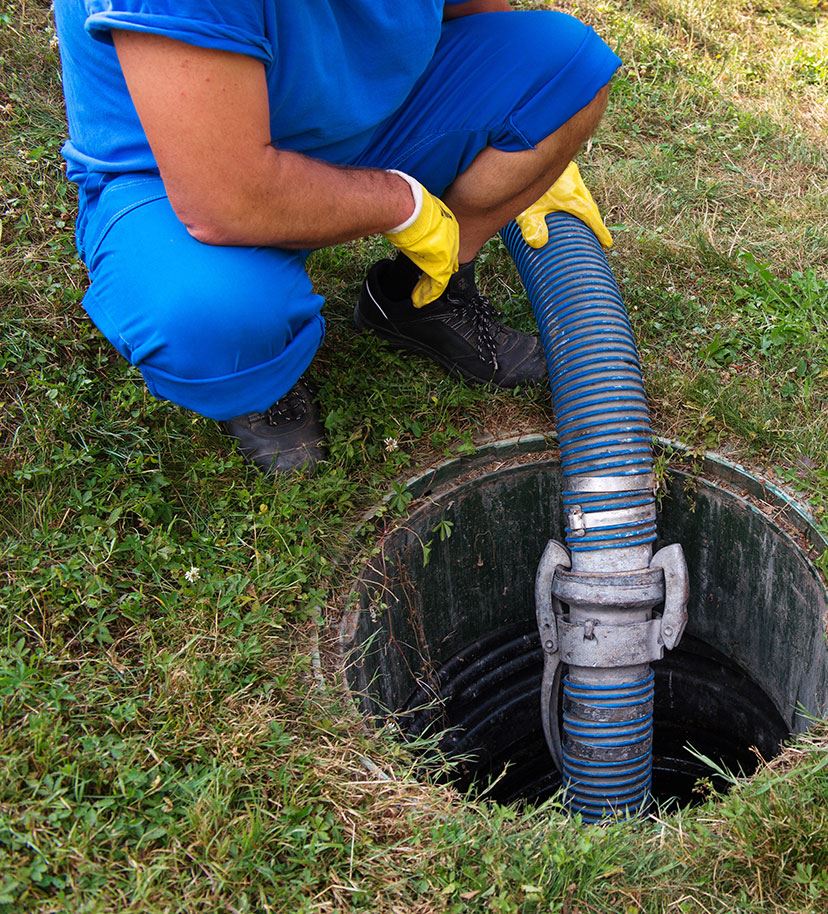
Septic Tank Cleaning Cost
Factors Affecting the Cost
Several factors can affect the cost of septic tank cleaning. The size of your tank, the level of waste accumulation, the accessibility of the tank, and the geographic location can all contribute to the overall cost. Additionally, any additional repairs or maintenance needed may incur additional charges.
Average Cost Range
The average cost range for septic tank cleaning can vary depending on the factors mentioned above. On average, you can expect to pay anywhere from $200 to $500 for a standard septic tank cleaning. However, it’s important to obtain quotes from multiple professionals in your area to get a more accurate estimate based on your specific circumstances.
Conclusion
Regular septic tank cleaning is essential for maintaining the functionality, safety, and value of your property. By being aware of the signs that your septic tank needs cleaning and understanding the importance of professional cleaning services, you can ensure that your septic system operates efficiently and effectively. Remember to follow proper maintenance practices, avoid common mistakes, and consult with professionals to determine the optimal cleaning frequency for your specific needs. With proper care and attention, your septic tank will continue to serve you well for years to come.
